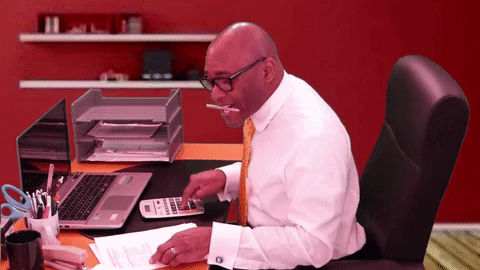If someone dies without a standing plan for their estate, probate is required to sort out properties, mortgages, and debts. In its essence, probate is the general process of paying off outstanding bills while also transferring existing property or belongings to beneficiaries and trustees.
So, if you’re going through the probate process and are working to settle an estate, what exactly happens to the mortgage? If you’re a beneficiary, are you responsible for paying up? If you’re unsure of how the probate process might impact you, here’s what you need to know.
Pre-Probate
Before the probate is ever opened, it’s important to make a list of possible liabilities, says an Organce County probate lawyer from Parker Law Offices. Mortgages are often a major component here. Other liabilities you may want to look for include personal loans and taxes. You may also see loans against retirement accounts from past employment opportunities. Another common liability is ongoing credit card debt which is often a larger factor of a probate estate. However, payments that the decedent was receiving, such as disability checks, aren’t included in this list. Once you’ve created this proposition list of outstanding liabilities, you’ll want to divide it into two separate parts.

The first part is the liabilities that will be an ongoing factor in the probate process. Commonly, you’ll think of these as administrative expenses which can include attorney fees. The second part is those components of your list that are able to be paid off in full after the probate process begins. Unlike administrative expenses, these are most likely final bills. This portion will include loans, taxes, credit card debt, and more. It’s important, during this step, that you don’t pay off any of these final bills out of your own pocket. The estate’s representative or trustee will usually be responsible for handling them during the settlement process.
Probate and Mortgages
Juggling disability payments, attorney fees, and trustee meetings can be overwhelming. Luckily, during the probate process, mortgages are a bit more streamlined. If you’re a beneficiary that is set to inherit property or real estate as a result of this process, you may be able to assume the mortgage. There are a few stipulations, however. First, the mortgage typically needs to be current for you to qualify. Second, contention surrounding the property can slow the pace quite a bit. If you’re dealing with the latter scenario, you may want to seek out probate assistance.
Expenses and Legalese
Insofar as attorneys are considered, it’s important to find a public website and review the website content to ensure that a prospective legal representative has extensive experience working with probate mortgages. You have equal educational responsibility here and you have to do your due diligence to ensure that you’re choosing the right lawyer.
It’s also a good idea to review any potential law firm’s privacy policy because this will provide more insight into their fee structure and retainer. If you expect the probate process to be drawn out, you may need to seek additional funding as well. That’s where organizations like HCS Equity can help.

HCS Equity offers probate and inheritance loans that can greatly assist in the settling of an estate. They use their own capital to provide specialized financing to beneficiaries, trustees, administrators, and attorneys. Working with a company like HCS Equity can make handling the probate process far less complicated. Since each different case has unique needs, their solutions are tailor-made to fit your specific outcomes.
The probate process can be prolonged, involved, and frustrating, especially when a mortgage is involved. However, if you’re working with the right professionals and are doing everything by the books, you’ll make it through to the end.
Interesting related article: “What is a Mortgage?”

